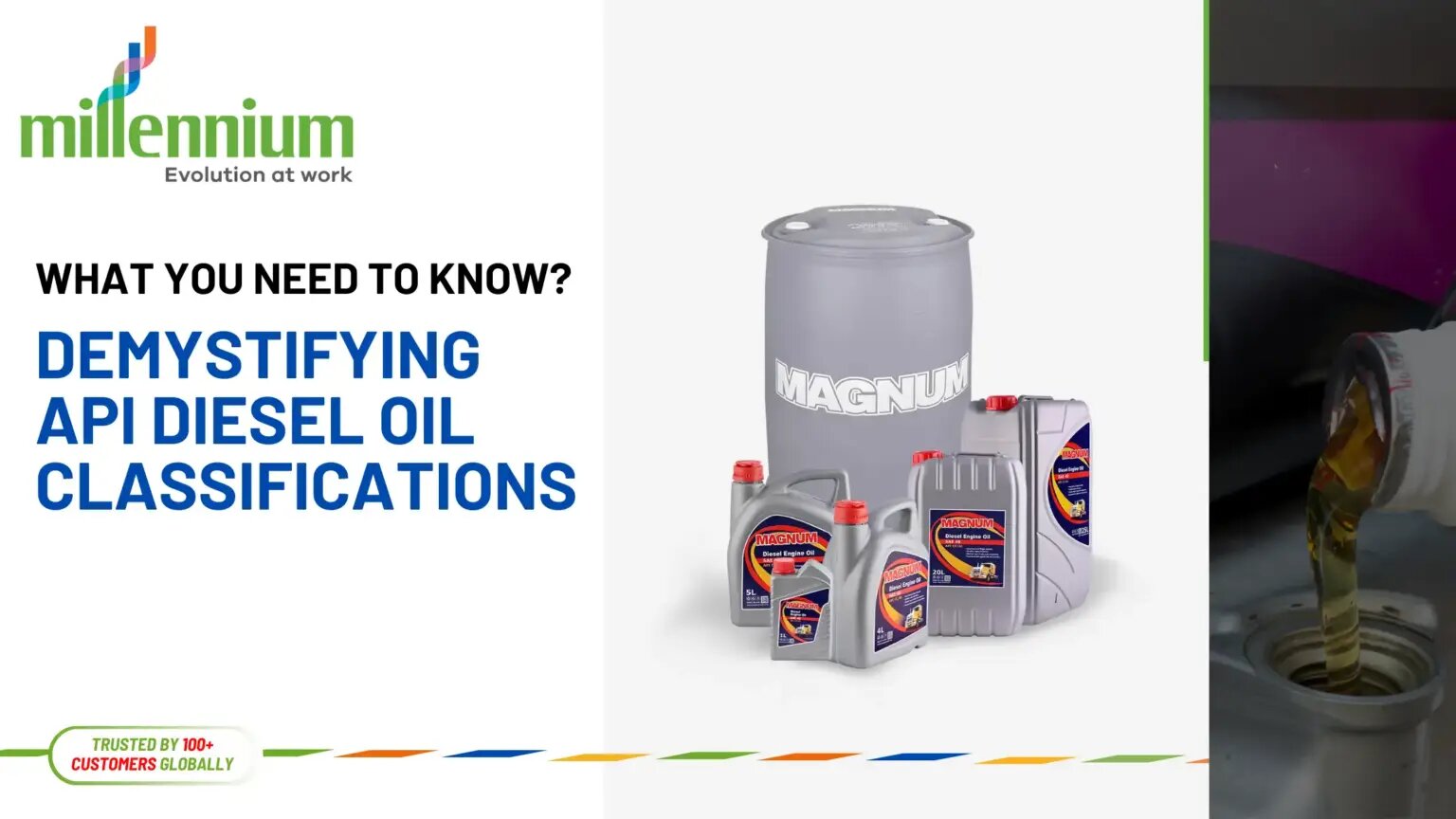Diesel engines are crucial to various industries, powering heavy machinery, trucks, and other commercial vehicles. The oil used in these engines plays a significant role in their performance and longevity, and the American Petroleum Institute (API) classification system is essential for guiding users to the right oil. Understanding these classifications helps ensure that engines run efficiently and are well-protected. The API system categorizes oils based on performance levels, with specific classifications for diesel engines indicated by a “C” followed by letters and sometimes numbers, such as API CJ-4, CK-4, and FA-4.
The API classification system for diesel engine oil is designed to address the needs of modern diesel engines. For example, API CJ-4 oils, introduced in 2006, cater to high-speed, four-stroke engines, protecting against soot-related issues, oxidation, and wear, and are suitable for ultra-low sulfur diesel (ULSD) fuel. The API CK-4 oils, launched in 2016, offer enhanced protection against oxidation, wear, and oil aeration, and are backward-compatible with CJ-4 applications. Meanwhile, API FA-4 oils, also from 2016, are tailored for the latest diesel engines, providing similar protection as CK-4 but with a lower high-temperature, high-shear (HTHS) viscosity, improving fuel efficiency.
Selecting the right API diesel oil involves considering several factors. Engine manufacturers’ recommendations are paramount, as they specify the ideal API classification for their engines. Additionally, operating conditions such as high loads and extreme temperatures may necessitate oils with higher protection levels like CK-4. The type of fuel used is another critical factor, with engines running on ULSD needing oils like CJ-4 or CK-4. Emission standards also play a role, as modern engines with emission control devices require low-ash oils to prevent filter clogging, which CK-4 and FA-4 oils are designed to address. Maintenance intervals can be extended with higher quality oils, reducing overall maintenance costs.
Using API-certified diesel oil offers numerous benefits. These oils ensure superior engine protection against wear, deposits, and corrosion, extending engine life and minimizing downtime. They also enhance engine performance, ensuring smooth operation under heavy loads and extreme conditions. API FA-4 oils are particularly notable for improving fuel efficiency without compromising engine protection, leading to significant cost savings over time. Moreover, API-certified oils are compatible with emission control systems, helping to maintain compliance with environmental regulations and reducing the environmental impact of operations. The assurance of quality and performance standards provided by API certification brings peace of mind, knowing that your diesel engines are well-protected.
In conclusion, understanding API diesel oil classifications is vital for maintaining the health and performance of diesel engines. The API classification system provides a reliable guide for selecting the right oil based on your engine’s needs and operating conditions. By choosing the appropriate API-certified diesel oil, you ensure better engine protection, enhanced performance, and compliance with emission standards. This investment in the right oil not only prolongs engine life but also improves fuel efficiency, ultimately leading to cost savings and reliable operation.


